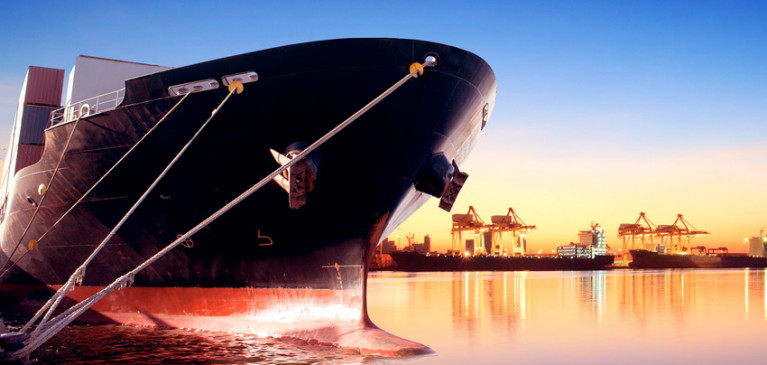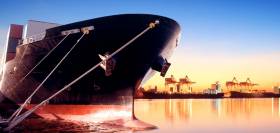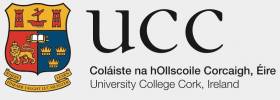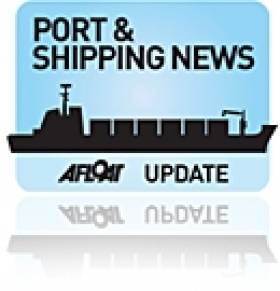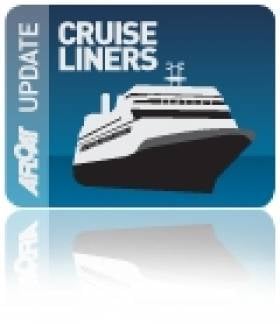Displaying items by tag: maritime law
Maritime Law Body’s Spring Seminar In Dublin Next Month
The European Maritime Law Organisation’s Spring Seminar 2020 will take place in Dublin on Friday 27 March.
A packed programme with something for everyone interested in the maritime law sector is promised for the seminar, in association with A&L Goodbody and the Irish Maritime Law Association, which will be hosted at the A&L Goodbody office on North Wall Quay.
Further details of the day are available from the EMLO website, and online registration is now open. For queries contact [email protected]
#MaritimeLaw - The Irish Maritime Law Association will hosts its biennial seminar in Dublin on Friday 19 May.
The day-long event will bring together high profile national and international speakers to address the market on current challenges in the maritime industry for lawyers, shipowners, port operators, insurers and those involved in the wider maritime transport logistics chain.
Admission (including lunch) is €195, with discounts available for multiple bookings, retired persons and devils/apprentices.
Full details of the seminar programme are available from the IMDO website HERE.
Marine & Maritime Law Courses Launched By UCC School of Law
UCC School of Law launches two new masters programmes in Environmental and Natural Resources Law and in Marine and Maritime Law
The School of Law, UCC has announced the creation of two new cutting-edge masters programmes, an LLM in Environmental and Natural Resources Law, and and LLM in Marine and Maritime Law. The programmes reflect ongoing research activities carried out in Cork, within UCC Law School and with key partners, including the Irish Maritime and Energy Resource Cluster (IMERC).
The launch will take place on-board the Irish Naval Service ship L.E. Aisling, at Horgan’s Wharf, Cork, on Thursday 21 April 2016, at 6.30pm.
The LLM (Environmental and Natural Resources Law), directed by professor Owen McIntyre, builds upon UCC Law School’s established reputation for excellence across all aspects of environmental law and policy. It offers students an opportunity to specialise in this field and to explore the emerging legal and regulatory challenges posed by modern environmental problems. The programme is delivered by means of a flexible teaching and assessment structure to suit both recent law graduates and environmental professionals alike. This LLM programme offers exposure to a wide variety of legal topics ranging across traditional areas of environmental law, policy and regulation, as well as planning and land-use law, heritage protection, international environmental law, marine environmental law, natural resources law and human rights law. It provides a critical, in-depth theoretical and practical understanding of the key issues arising in environmental and natural resources law, policy and regulation, at local, national and global level.
The LLM (Marine and Maritime) Law, directed by Dr Bénédicte Sage-Fuller, fulfils one of the key objectives of national policy developed in the Government policy paper, Harnessing Our Ocean’s Wealth, that of providing legal education to support the vibrant and dynamic marine and maritime sector in Ireland. As this is a national programme, students will engage with the best legal experts in Ireland in a wide range of relevant areas, including:
• marine environmental protection
• maritime security and law enforcement at sea
• marine renewable energies
• port and shipping activities
The programme combines theoretical and practical learning, notably through a clinical module on Law of the Sea, with access to the Irish Naval Service at Cork. It aims to provide the necessary knowledge and expertise to enable graduates to practice marine and maritime law within the legal professions, and within the public and private sectors (maritime law enforcement, shipping management, marine research, marine environmental protection, ports management).
For more information contact Dr Bénédicte Sage-Fuller ([email protected]) or Professor Owen McIntyre ([email protected]).
Irish Maritime Law Association Hold Spring Lecture
#maritimelaw – Rebecca Wardell, Business Development Manager with the Irish Maritime Development Office addressed members of the Irish Maritime Law Association at their Spring Lecture February 5th, in a talk titled, 'Understanding the Irish tonnage tax regime'.
Ms Wardell, who joined the Irish Maritime Development Office last year, spoke about the origins of Tonnage Tax regimes in Europe, the legislative base in Ireland and outlined the benefits of the regime for international companies.
In particular she focussed on the strengths of the Irish market for international companies.
"Ireland has a great story to tell," explained Ms Wardell reaching out to the legal community to share that story through international offices, partners and clients.
She said, "Ireland has a tremendous track record for success in foreign direct investment and it's time we translated some of that success into the Maritime Sector".
"According to research by independent experts, PwC, Ireland has one of the best Tonnage Tax systems internationally. When we consider the 165,400 jobs
supported by the Maritime Sector in London, there is huge potential for Ireland if we could emulate even a small portion of that success"
The Irish Maritime Law Association, established in 1963, is the representative body for the Maritime legal community in Ireland. It has nearly 100 members including barristers, judges, solicitors and shipping companies. It is the Irish branch of the international legal organisation Comité Maritime International.
The Spring Lecture was sponsored by solicitors Dillon Eustace and held in their offices on Sir John Rogerson's Quay.
The Irish Maritime Development Office is Ireland's national dedicated development, promotional and marketing agency for the shipping services sector and is part of the Marine Institute.
Cruise Lines Mandate Pre-Departure Safety Briefing for Passengers
#CRUISE LINERS - Cruise ship passengers will be given a safety briefing before leaving port under new industry rules drawn up in the wake of the Costa Concordia incident, The Guardian reports.
Three organisations representing international cruise lines have agreed that the 'muster drill' - which is currently conducted within 24 hours of setting sail as per maritime law - must now be held before departure from any port.
The move comes after reports that hundreds of passengers who had boarded the stricken vessel hours before it ran aground off the western Italian coast had not yet had any kind of safety instruction.
Muster drills, whereby passengers are shown how to put on lifejackets and directed to exits, are already common practice in the industry.
As previously reported on Afloat.ie, an Irish couple were among thousands rescued from the Costa Concordia after the incident on Friday 13 January. At least 32 people are believed to have died in the disaster, with 15 recorded passengers still missing.
The Guardian has more on the story HERE.


























